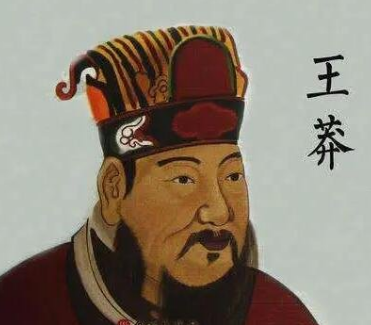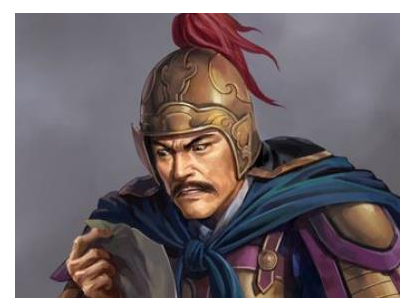In the long feudal history of China, Wang Mang's usurpation is undoubtedly an important event with great controversy and research value. His usurpation not only broke the ruling order of the Han Dynasty, but also triggered a series of social unrest and changes. This article will focus on the timeline of Wang Mang's usurpation, explore the historical background, process, and impact of his usurpation, in order to gain a deeper understanding of this historical node.

I. Historical Background: The Crisis of the Late Han Dynasty
Before discussing Wang Mang's usurpation, we must mention the political and social environment of the late Han Dynasty. During the reign of Emperor Cheng of Han, the influence of the imperial relatives and eunuchs was excessive, and the court politics became increasingly corrupt. Coupled with consecutive disasters, the people were living in dire straits, and social contradictions intensified, seriously shaking the foundation of the Han Dynasty's rule. This background provided fertile soil for the rise of Wang Mang.
II. The Process of Usurpation: The Intertwining of Intrigue and Ambition
Wang Mang came from an imperial relative family of the Han Dynasty and gradually rose to the pinnacle of power through his political savvy and family influence. In 9 AD, Wang Mang successfully deposed Emperor Ping of Han with the trust and support of the Han royal family, proclaimed himself as the "false emperor," and soon after, ascended the throne, establishing the Xin Dynasty. This process fully demonstrated Wang Mang's intrigues and political ambition.
III. Ruling Measures: Parallelism of Reform and Chaos
After ascending the throne, Wang Mang attempted to consolidate his position through a series of radical reforms. He implemented reforms in currency, land, and official systems, aiming to address long-standing social issues. However, due to the haste and impracticality of the reforms, coupled with Wang Mang's arbitrary style, these reforms instead intensified social contradictions and sparked widespread dissatisfaction and resistance among the people.
IV. The End of Usurpation: The Short-lived Xin Dynasty
The Xin Dynasty established by Wang Mang did not last long. Due to failed reforms, social unrest, and rebellions from external forces, the Xin Dynasty rapidly declined. In 23 AD, the Green Wood Army captured Chang'an, and Wang Mang was killed, bringing an end to the Xin Dynasty, which lasted only 14 years. Subsequently, Liu Xiu rose up and re-established the Han Dynasty, known as the Eastern Han Dynasty.
V. Historical Impact: Reflection and Inspiration
Although Wang Mang's usurpation was a brief historical upheaval, its impact was profound. It not only marked an important turning point in the decline of the Han Dynasty, but also provided a vivid case study for future generations on power transitions and social changes. The story of Wang Mang teaches us that any political act that ignores the livelihood of the people and deviates from their will is ultimately difficult to gain lasting support and success.
Conclusion:
The history of Wang Mang's usurpation, though filled with intrigue and bloodshed, is also a mirror reflecting the complexity of political power operations and the necessity of social change. Through in-depth analysis of this period of history, we can not only gain a better understanding of the past, but also provide valuable historical experience and lessons for social development today and in the future.
Disclaimer: The above content is sourced from the internet and the copyright belongs to the original author. If there is any infringement of your original copyright, please inform us and we will delete the relevant content as soon as possible.
































